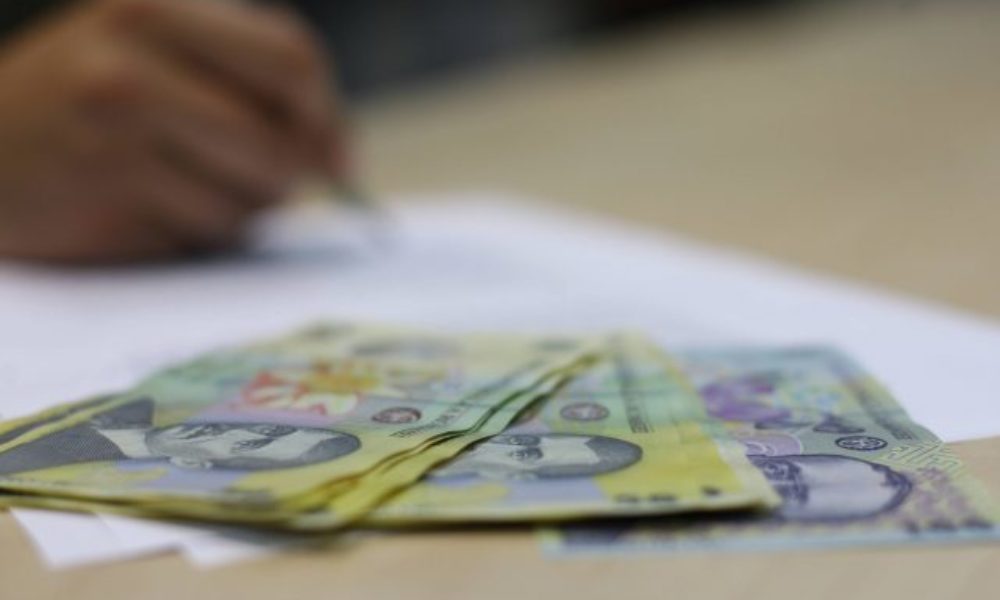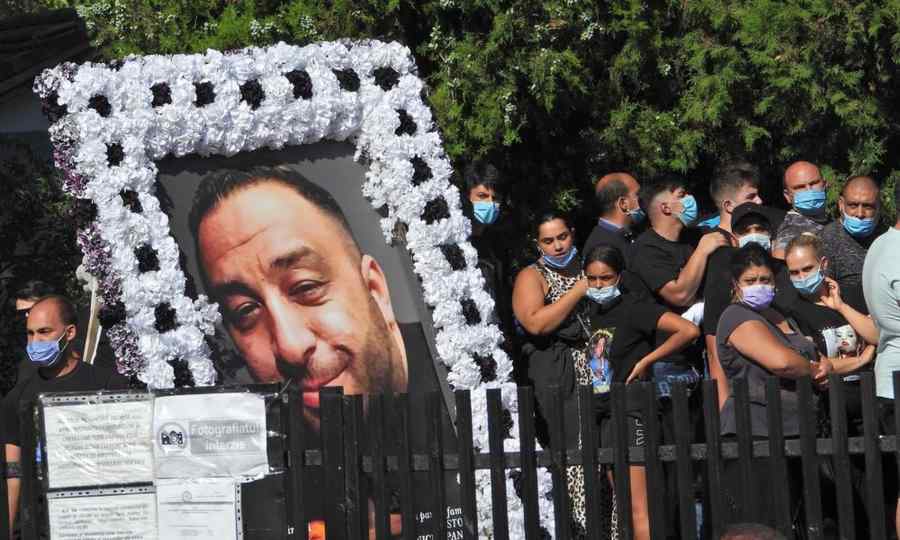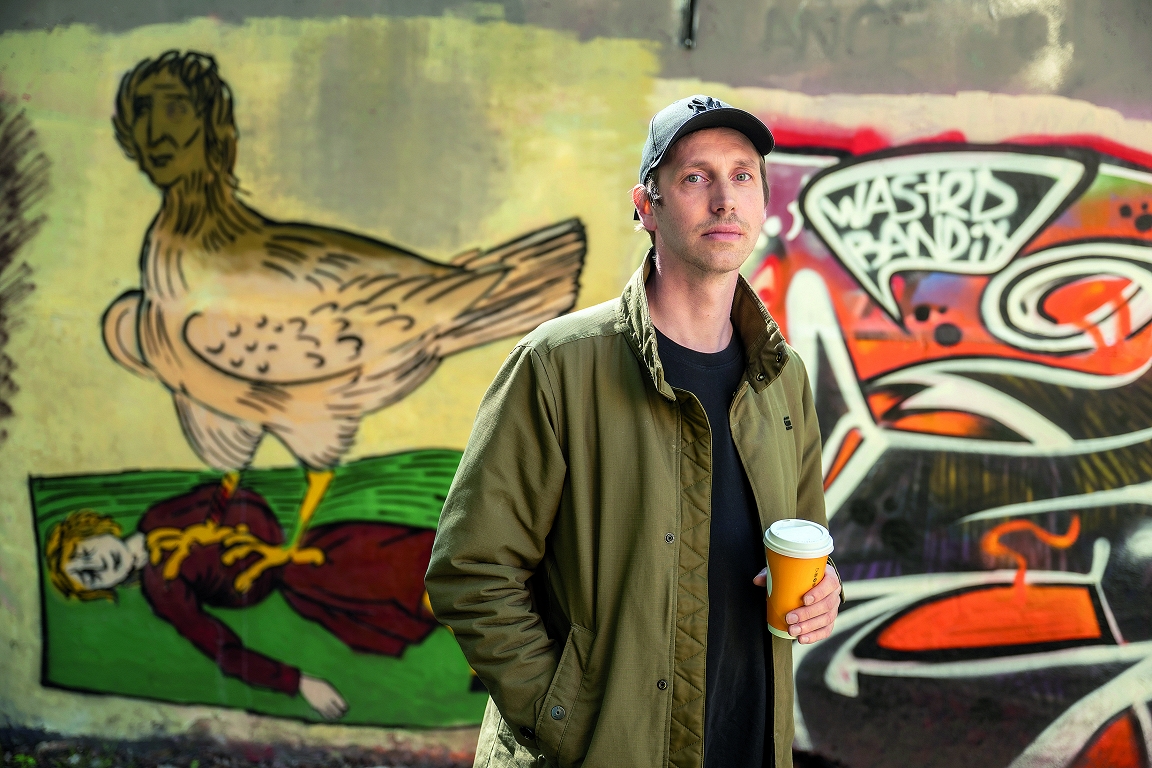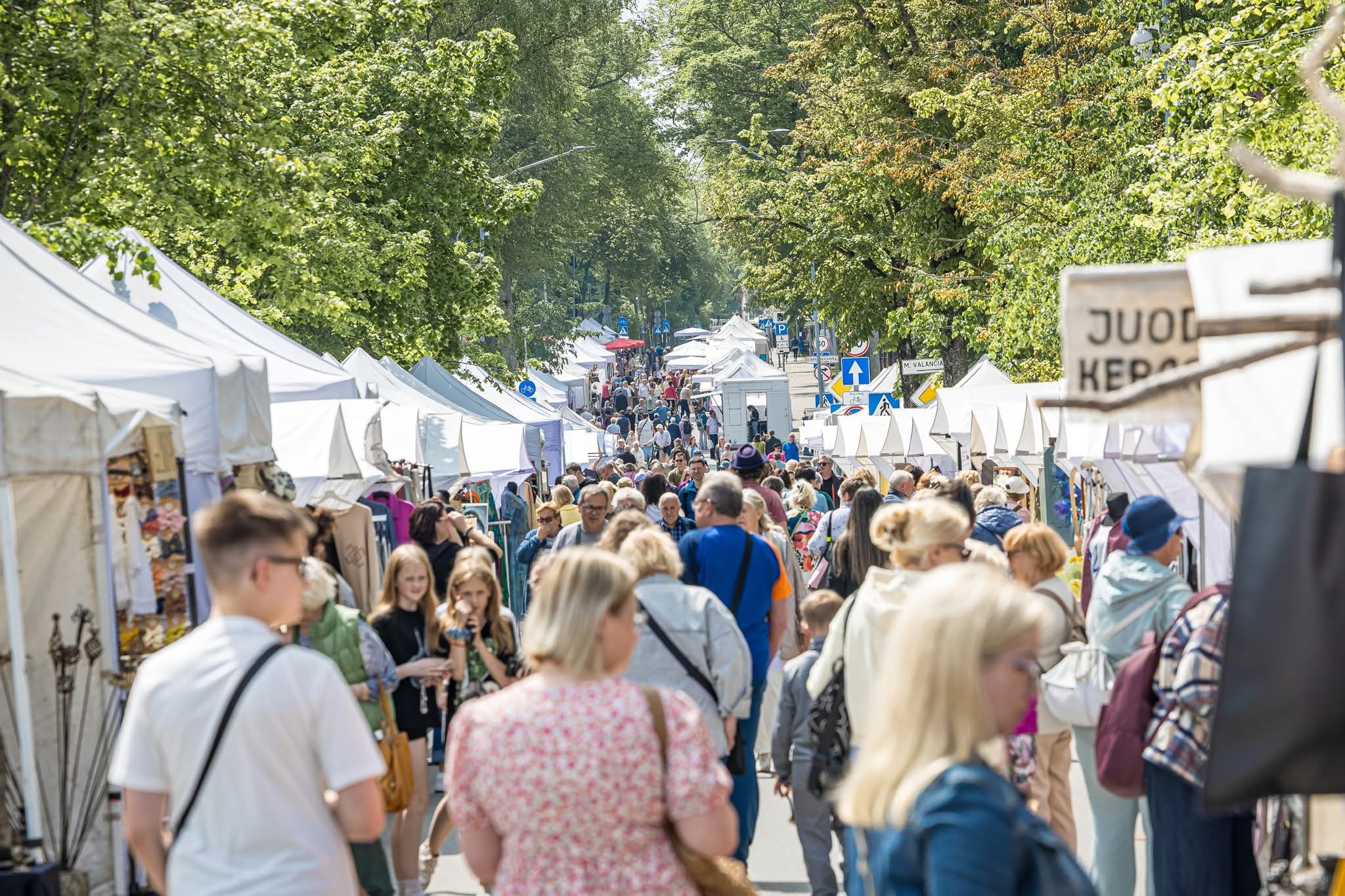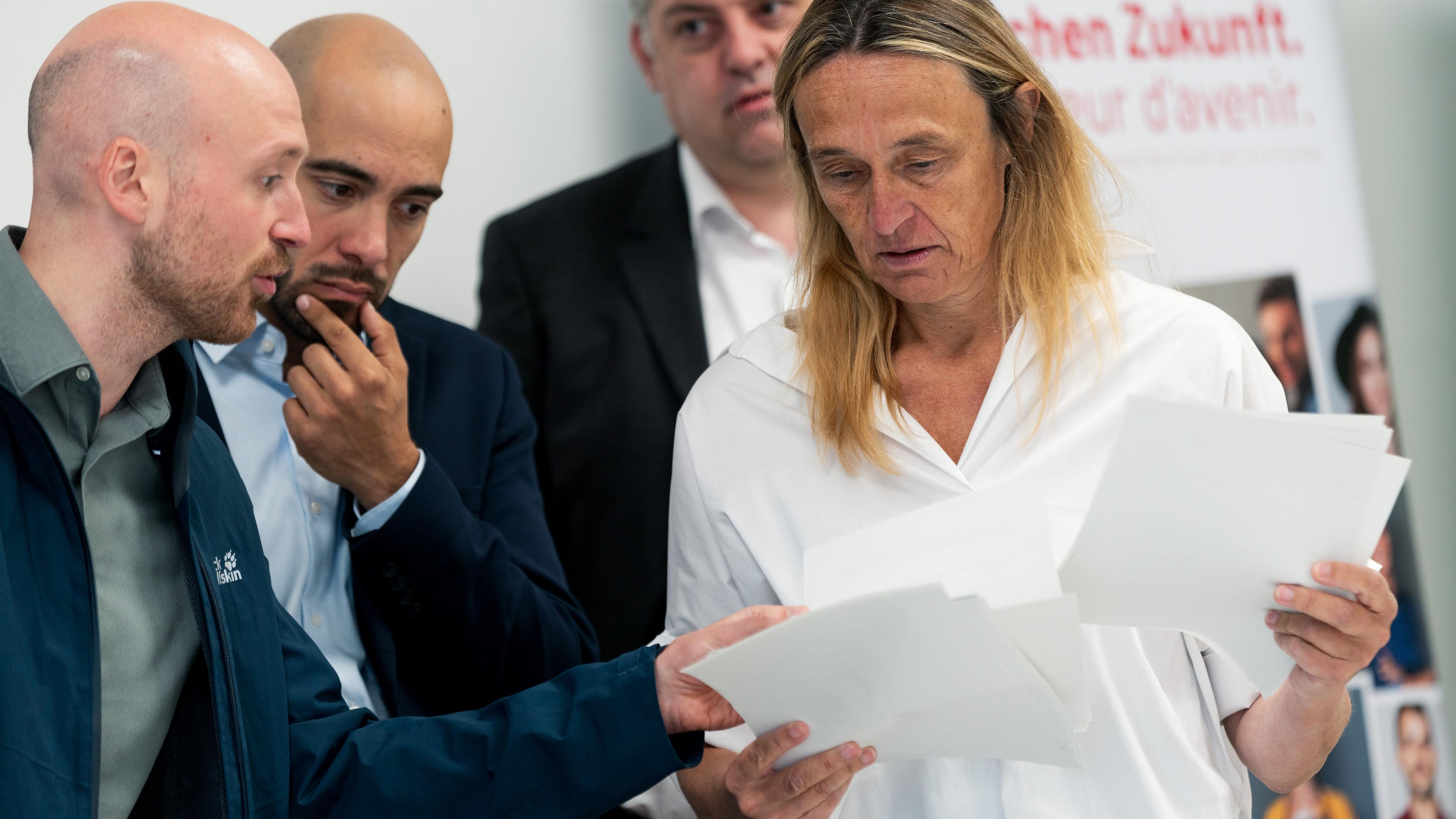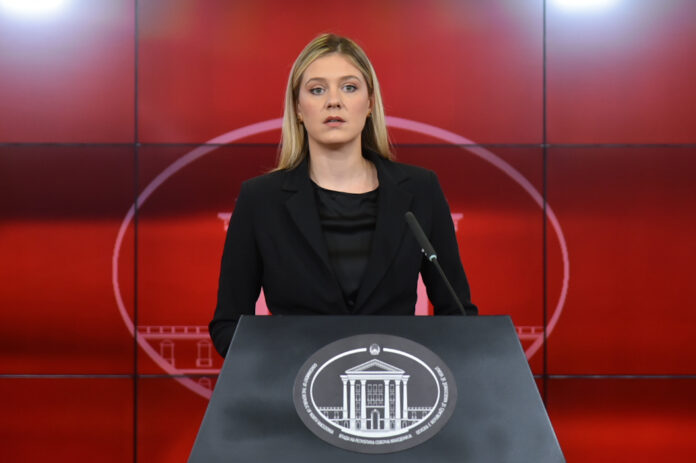Why do I love the Luncan Plateau

I was sitting next to Sofia directly on the Creață grass, scented with the smell of the strawberries and sprinkled at times by the small flowers and I was watching towards the Mureș Valley and further, towards the peaks of the Apuseni Mountains.
Between the fortress of Blidaru and Muntelul called the Costeștilor hills, a valley that leads to Orăștie and further to the Mureș Valley to the Vinețiu wall on the horizon, the glitter of the Apuseni Mountains is opened.
And as we stood so stories, speaking more – more – more than the other, especially of her childhood memories, I look for a few lifts, around an almost dry plunger, shorter and barely perceptible waves from the small and blooming hay.
-Why are so many chicks and lifts through this fountain?
-No you see? Those beside plums where the rose bush is grave! Since I was a child, I buried an eight-nine of our nations. Dad, mother, brother, his wife, all mine. For the others, I know nothing. That’s how I mentioned them!
-And why have no crosses?
-They were some wood, yes they rotted. If you look good, you see them on the floor, and one is hanging in a plum!
Not far from us, beyond the valley co -owned by birch trees, on the top of us, the city of Blidaru is hidden. It’s not too big. It has no more than a few areas. Probably, it was a defense fort, if not, through the forest, under the roots of the trees, there are still parts of it still undetected. However, when it came to danger and war and when the Romans appeared, the ones on the plateau, from that courtyard and from the surrounding houses, the households, sheep will be left and have been withdrawn to the city or have descended over the Roman armies. God knows how they were, but certainly they were there and their sipritis feels in the harshness of those who live on the Plateau of the Luncans.
From the Plateau of the Luncanilor are also seen Mount Godeanu, and the retezatul and Șurianul and Apusenii. As if you were in the middle of geography and you have the privilege to choose and turn your gaze that you like. The houses are distant and solitary, surrounded by wooden acares. Not abandoned. Those in the villages on the plateau do not leave or sell, especially since they now have electricity, internet at school and two asphalted access roads. If they resisted in harder times, why leave now? The years of living on the mountain passed was more like a curse. There were winters in which neither wolves nor people dared to descend so that they would not break their necks on the frozen porch. From autumn until late spring, until the thaws, they lived hidden in the mountain, each at his household, days in the house or around, pissed by the blizzards, at the mouth of the oven and the stove. At one point, the villages and the villages on the Luncanilor plateau made up a commune. Sofia’s father, one Sofronie, was also mayor. The last mayor of the Luncans. Then, the administrative headquarters moved below, in Boșorod, although they were held more than Costești and the two villages Sus and below, Beriu and Orăștie.
A local from Târsa is kind of universal man. Onu Jujan can be a model. Do anything. He dug a road through stone alone. With the barrier, with the tuna, the fire and the water shed on the hot stone. There, he could go out into the world. He knows how to build stoves, ovens, wooden and stone houses, repair at the church, cut the pig, grind, hammer, build, look, make, he knows, knows the crops, of the trees, the diseases of all animals, from sheep to cattle, from dogs to chickens. If he must be singing in the stranger and then he lies on foot to the city and is judged for his rights with the same stubbornness with which the Transylvanian Moors would go to the Emperor of Austria to fight for their lands and forests and for justice.
For centuries, the mountain man, isolated (sometimes, hidden), has taught them all and by the way he took his child to every work in the yard enriched him with all the survival techniques: how to remove a stone between the nails of the horse that stings; How to save a swollen cow from clover; after you know the sick chickens; when it is time to sow and when to pick; when the big rain comes and when it smells of snow and blizzard; The unwritten manual of life in Luncani is taught every day and is transmitted from grandparents and parents to children and grandchildren.
Usually, the villagers gather at the church and the cultural home, especially of Christmas and Easter. And they can be seen in Nedeia from Saint Mary in the middle of August. And ready, autumn comes and have no time to waste on music and words that they have to take care of the approaching winter.
-Ready! Look, now he is green again! We sing a summer and the world is still turning. And again he shakes! And God knows what it is, the UN said, and I come to say the same, with the dream image of this plateau of the Luncan, cocked between Boșorod, Costești and Grădiștea Muncelului.

